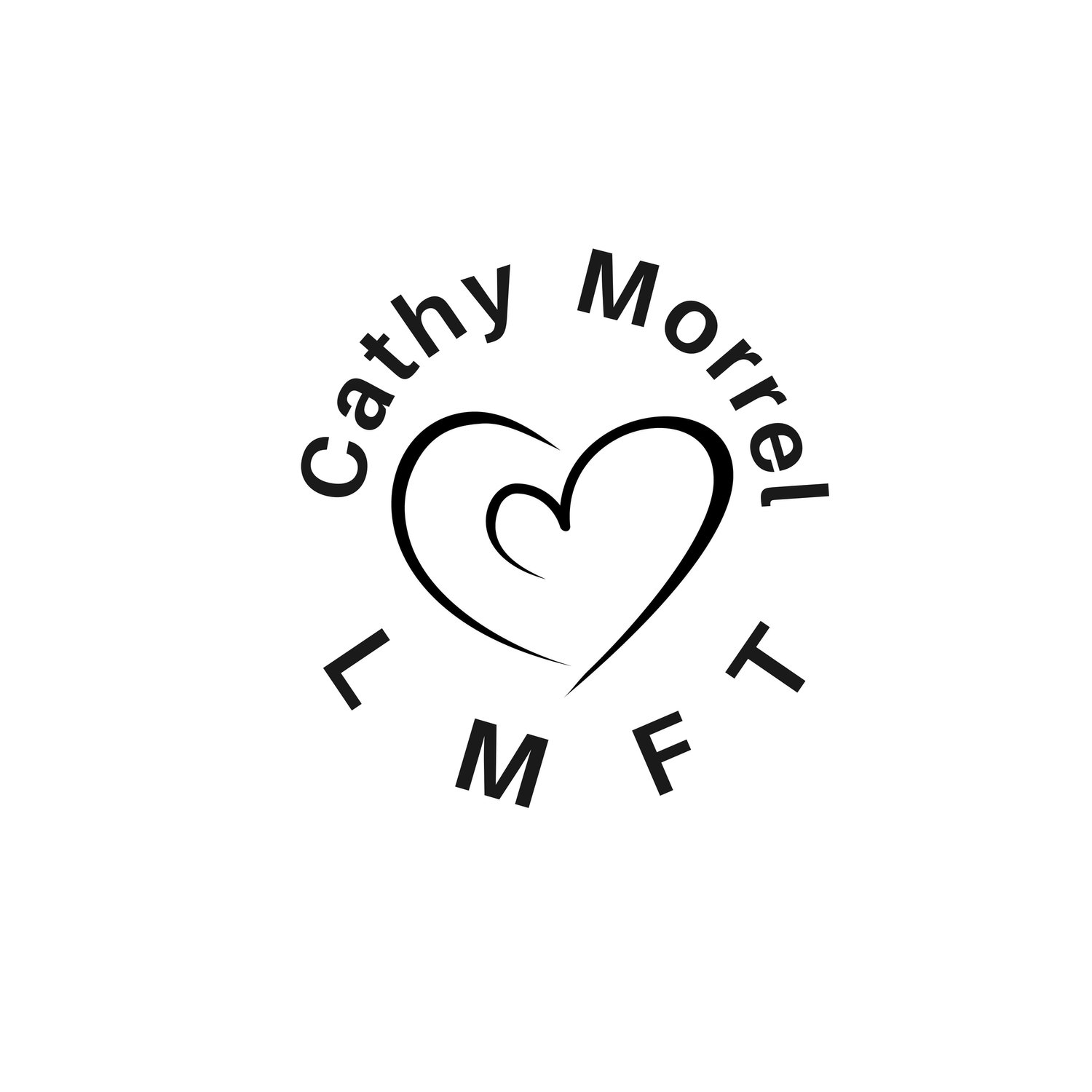Navigating the Shadows
Navigating the Shadows: Understanding Depression in the LGBTQIA+ Community
Depression is a significant mental health concern that affects individuals from all walks of life. Within the LGBTQIA+ community, the prevalence of depression is disproportionately higher compared to the general population. As marriage and family therapists, it is essential to shed light on this issue, increase awareness, and provide support to those experiencing depression within the LGBTQIA+ community. In this blog post, we will explore the unique factors contributing to depression among LGBTQIA+ individuals, discuss the impact on their well-being, and provide strategies for healing and resilience.
Depression in the LGBTQIA+ community arises from various interconnected factors. LGBTQIA+ individuals often face societal stigma, discrimination, and rejection, which can lead to chronic stress and a diminished sense of self-worth. Internalized homophobia or transphobia, resulting from societal messages and negative experiences, further contributes to depression. Additionally, the experience of minority stress, including prejudice, microaggressions, and violence, places a heavy burden on mental health. Understanding these factors is crucial in providing effective support and intervention.
Depression has a significant impact on the mental well-being of LGBTQIA+ individuals. It can manifest as persistent sadness, feelings of hopelessness, loss of interest in activities, changes in appetite or sleep patterns, and difficulty concentrating. LGBTQIA+ individuals experiencing depression may also be at higher risk for self-harm and suicidal ideation. The intersectional experiences of multiple marginalized identities, such as being LGBTQIA+ and a person of color, may compound the impact on mental health. Recognizing the unique challenges and consequences of depression in the LGBTQIA+ community is vital for effective therapeutic interventions. These interventions include:
Cultivating an Affirming Therapeutic Space: Marriage and family therapists should provide a safe and inclusive environment where LGBTQIA+ individuals can share their experiences and emotions without fear of judgment or rejection. Demonstrating cultural competence, using inclusive language, and affirming their identities are essential elements of building trust and facilitating healing.
Addressing Internalized Homophobia and Transphobia: Helping LGBTQIA+ individuals confront and challenge internalized homophobia or transphobia is crucial in the therapeutic process. By promoting self-acceptance and self-compassion, individuals can begin to heal from the negative self-beliefs and societal messages that contribute to their depression.
Developing Coping Strategies: Collaboratively developing coping strategies tailored to the unique challenges faced by LGBTQIA+ individuals can empower them to manage depressive symptoms. This may include building a support network, engaging in self-care activities, practicing mindfulness, and seeking social connections within the LGBTQIA+ community.
Seeking LGBTQIA+-Affirming Support: Encouraging individuals to connect with LGBTQIA+-affirming support groups, community organizations, or online platforms can provide a sense of belonging and solidarity. These spaces offer opportunities for validation, shared experiences, and access to additional resources.
Education and Advocacy: Providing psychoeducation to individuals, families, and communities about depression in the LGBTQIA+ community can help reduce stigma and foster understanding. Advocacy efforts that promote LGBTQIA+ inclusivity, equality, and mental health awareness can contribute to systemic change and create more supportive environments.
Collaborating with Healthcare Providers: Marriage and family therapists should collaborate with healthcare providers to ensure a holistic approach to treatment. This may involve discussing medication options, coordinating care, and providing support during medical transitions or gender-affirming processes.
Building Resilience and Self-Empowerment: Assisting LGBTQIA+ individuals in building resilience and promoting self-empowerment can contribute to their mental well-being. Encouraging the exploration of personal strengths, values, and goals can foster a sense of purpose and resilience in the face of depression.
Depression within the LGBTQIA+ community is a significant mental health concern that necessitates understanding, compassion, and targeted support. As marriage and family therapists, we have a vital role in addressing the unique challenges faced by LGBTQIA+ individuals experiencing depression. By cultivating affirming therapeutic spaces, addressing internalized homophobia or transphobia, and providing tailored strategies for healing and resilience, we can contribute to the well-being of those in the LGBTQIA+ community. Let us continue to advocate for inclusive mental health care, promote understanding, and work towards a future where every individual can embrace their authentic selves free from the shadows of depression.

